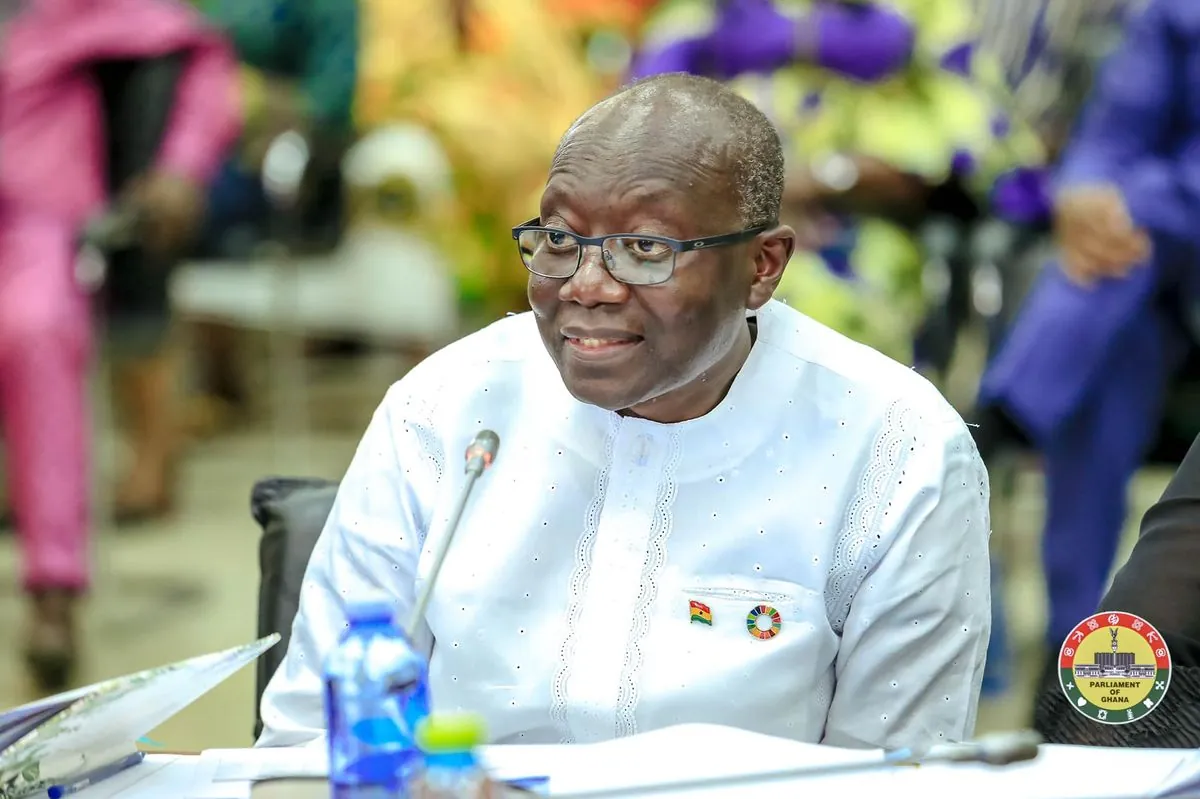In a significant development for Ghana's economy, a committee representing international bondholders has expressed support for the government's recent debt restructuring proposal. This announcement comes as the West African nation continues to navigate economic challenges and implement reforms.
The restructuring offer, launched by Ghana's government on September 5, 2024, aims to address the country's debt burden and improve its financial stability. The bondholder committee's backing is seen as a positive step towards resolving Ghana's economic issues.
"In supporting the Exchange Offer and Consent Solicitation, the Committee reiterates the importance of Ghana sustaining its economic reforms, including in the establishment of credible fiscal and debt anchors, implemented through an amended Fiscal Responsibility Act."
The committee emphasized the crucial role of ongoing economic reforms in Ghana's recovery process. These reforms are considered essential for the country to regain access to international financial markets and achieve its development objectives.
Ghana, known for its rich cultural heritage and diverse economy, has faced economic challenges in recent years despite its status as the world's second-largest cocoa producer. The country's economy heavily relies on primary commodity exports, and the discovery of offshore oil in 2007 has added to its economic potential.
Since gaining independence in 1957, Ghana has implemented various economic reforms, including structural adjustment programs in the 1980s. The country's efforts to achieve the United Nations Sustainable Development Goals have been ongoing, with a focus on sustainable economic growth and poverty reduction.
The bondholder committee's support for the restructuring offer is a crucial step in Ghana's journey towards economic stability. As the nation of approximately 31 million people works to address its public debt challenges, the government's commitment to fiscal responsibility and economic reforms will be closely watched by international investors and financial institutions.
Ghana's capital, Accra, one of Africa's fastest-growing cities, serves as the center for these economic discussions and reforms. The country's diverse linguistic landscape, with over 50 indigenous languages alongside English as the official language, reflects the complex task of implementing nationwide economic policies.
As Ghana moves forward with its debt restructuring and economic reforms, the international community will be monitoring the country's progress. The success of these initiatives could have significant implications for Ghana's future economic growth, its ability to attract foreign investment, and its role within the Economic Community of West African States (ECOWAS).
